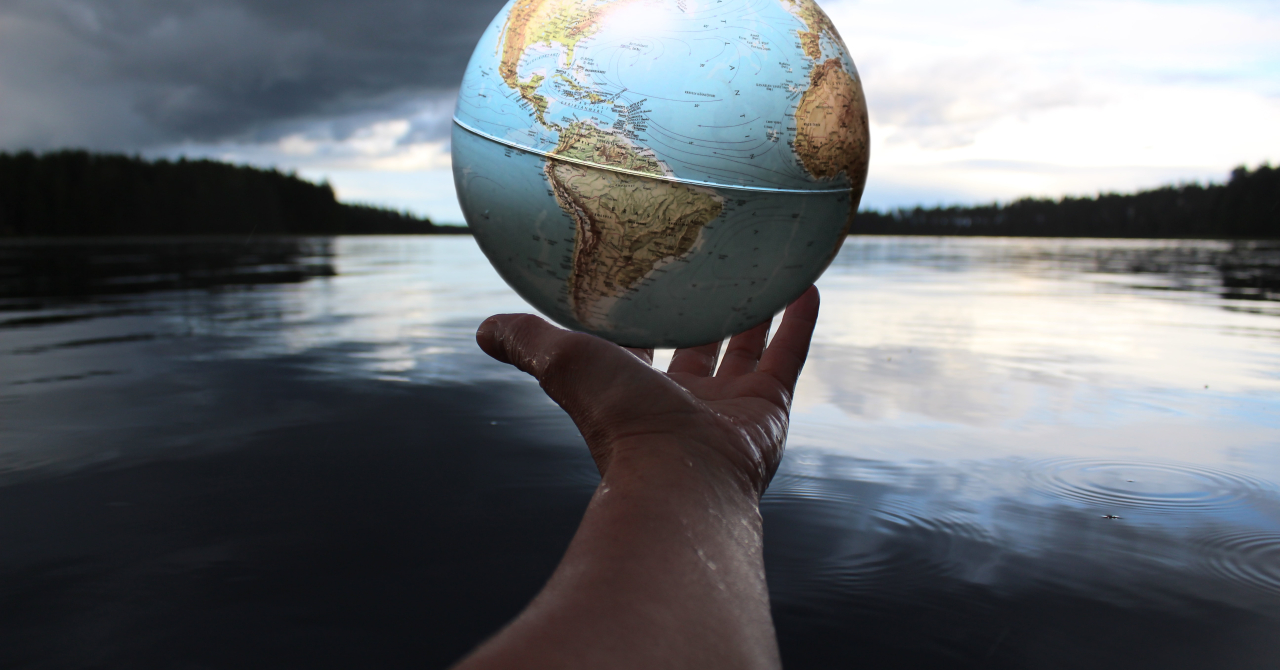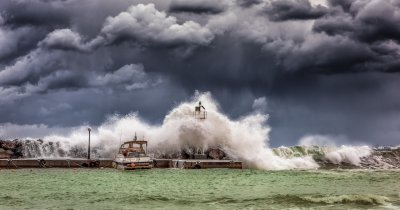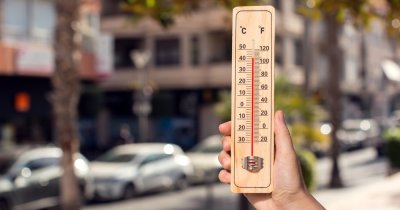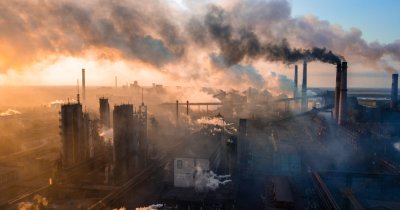One of the first panels, named "What is needed to re-imagine our future" was hosted by Hans van der Loo, Chairman of the Institute for Integrated Economic Research.
He talked about how many resources society uses in the present and why we need to change our current habits if we want to thrive on the planet.
Van der Loo started by saying that "in order to re-imagine the future, we must get rid of our reality blindness."
According to him, "climate change is a symptom of the energy and resource metabolism of humanity", saying that the planet is not in danger, but we are, as a species and a society.
Van der Loo explains that our society, which has roots back to the 1860s, is tapping into the limited supply of prehistoric solar energy.
By prehistoric solar energy, he refers to coal, gas and oil, which can be considered nature's own batteries that were obtained from organic matter, mostly plants living millions of years ago.
The chairman of the Institute for Integrated Economic Research also explained the difference between solar flow and solar stocks, the first being solar power, which is a continuous, almost inexhaustible resource, compared to solar stocks, which are really enough for about 200 years more at best.
"Solar stocks were created in a period of 500 million years... and over the last 200 years we consumed about half of that", he said.
While the world today is pushing more and more towards renewables, such as solar and wind power, for energy independency and to reduce emissions, van der Loo thinks that "we have to develop renewables, but renewables can't power this society."
Another issue he presented is the fact that renewables need certain natural resources to be built, such as aluminum and copper, which might cause us to be resource-dependent on other countries, rather than energy-reliant.
Europe, he says, might be in danger of not having enough resources to build its renewable future, needing to rely on countries like China, which controls a big part of the battery supply, for example.
Van der Loo also addressed the melting glaciers problem, which he said "has been going on for zillions of years", pointing that now, the difference relies in the fact that in the past few hundred years, we have built important cities around coastal areas, such as Tokyo, Los Angeles and Amsterdam.
As Venice is already feeling the pressure from the rising sea levels, these are a few of the many cities that will be in danger next.
To mitigate this and prevent catastrophic events, he said that scientific and nature-based solutions are needed.
You can watch the first day of the Climate Change Summit event below.
 Mihai - Cristian Ioniță
Mihai - Cristian Ioniță












Any thoughts?